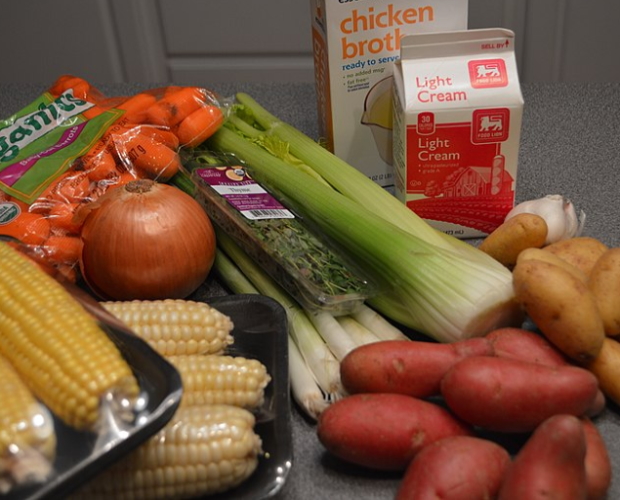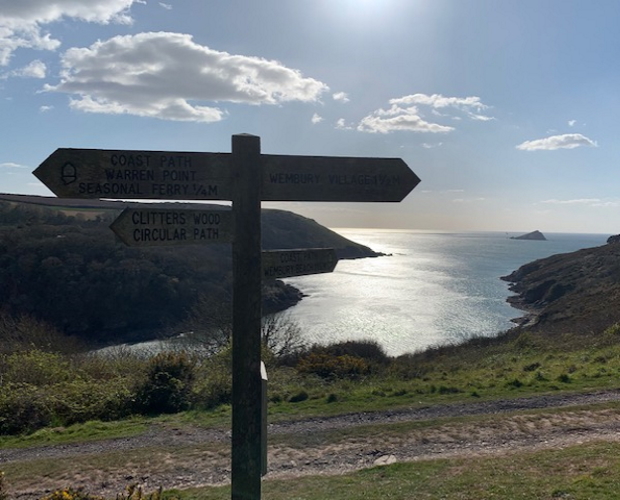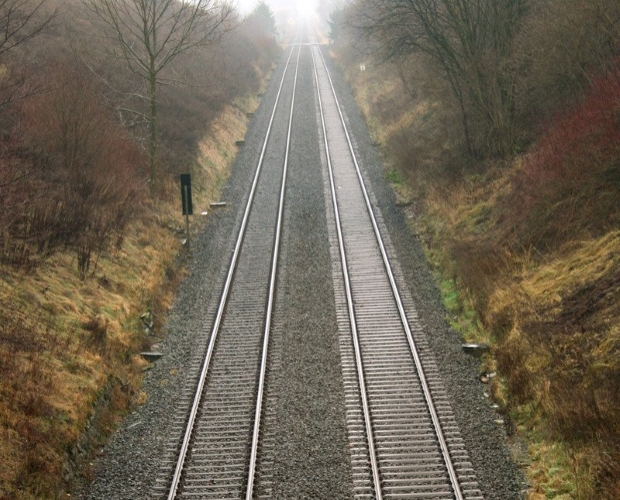T: 01822 851370 E: [email protected]
Rural Vulnerability
Families in parts of rural England say they are totally dependent on volunteers delivering food during the coronavirus crisis In rural England many households face long journeys to buy food and this is more difficult if families are...
The Conversation, an online publication that publishes academic articles, published data from genetics professor Tim Spector’s COVID-19 symptom tracker app which suggests that people leaving the city for the countryside have unwittingly packed the virus with them The article...
We asked for examples of our rural communities pulling together and have been inundated with responses so far! We are going to feature 10 each week, as we receive them and have some fabulous examples this week. We have...
Utility Companies providing Gas, Electricity and Water all keep Priority Services Registers, this is a free service provided by suppliers and network operators and each maintain their own register. These registers are lists of their most vulnerable customers, so...
The Prince’s Countryside Fund is a member of our Rural Services Partnership The Prince’s Countryside Fund is inviting applications for emergency funding from farming and rural community support groups, who are providing assistance to counter the effects of...
Several news outlets including the Daily Telegraph and ITV Online covered the warning of an increase in ‘fuel deserts’ from a trade association as many petrol stations will be forced to close due to a lack of sales and their...
The Alzeimers Society is a member of our Rural Services Partnership The Alzheimer's Society hope that you and your loved ones are safe and well. They understand this is a worrying time for everyone, especially for those affected by...
The health publication HSJ reports that the coronavirus outbreak is currently a highly regionalised feature in the UK This means that hospitals in more remote areas, often with older populations more susceptible to serious illness, are more at risk...
Several news outlets, including the MailOnline and the Independent, cover news that bus companies including National Express and Megabus are ceasing operations National Express has stopped selling tickets for journeys from 11.59pm on Sunday 5 April until further notice....
Sky News reports on research published by Oxford University's Leverhulme Centre for Demographic Science that warns of potential ‘hospital deserts’ - areas where demand for beds for coronavirus patients is likely to outstrip supply as the illness spreads Currently,...
NEWSLETTER
Sign up to receive all our latest news and updates.
HOT TOPICS
Amid reduced public spending, fair resource allocation across regions is crucial. Despite a population larger than Greater London, rural areas receive significantly less funding for essential services, even though delivering these services in rural areas is more expensive.
Economic growth is widely acknowledged as essential for national wealth and prosperity and is a priority for political parties. Rural economies, employing millions and home to a higher proportion of small businesses, have potential for growth if barriers are removed.
Rural residents face distinct healthcare challenges, including limited access to transport, longer distances to medical facilities, an aging demographic, housing inadequacies, digital connectivity gaps, and difficulties recruiting health and care workers.
Rural communities are grappling with a severe affordable housing crisis, marked by high house prices, a lack of affordable housing, elevated living costs, and lower incomes, threatening their sustainability and vitality.
Transport is vital for the quality of life and economic health of rural areas, yet it faces challenges such as infrequent public bus services and less Government funding compared to urban regions.
Rural areas, encompassing a substantial portion of England's population and land, play a pivotal role in combating climate change and achieving the net zero target.
In an increasingly digital world, the lack of robust digital infrastructure in rural areas severely limits access to crucial services and stifles economic growth.
A future-focused vision for rural communities involves not just building the right homes in the right places but also ensuring thriving, sustainable communities.
SIGN UP TO OUR NEWSLETTER
Sign up to our newsletter to receive all the latest news and updates.













